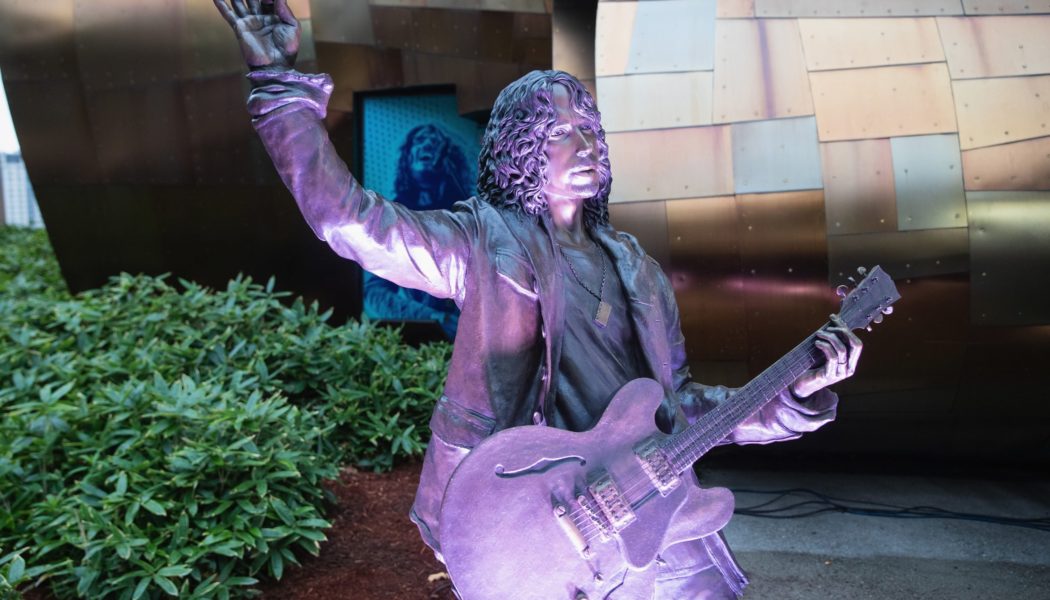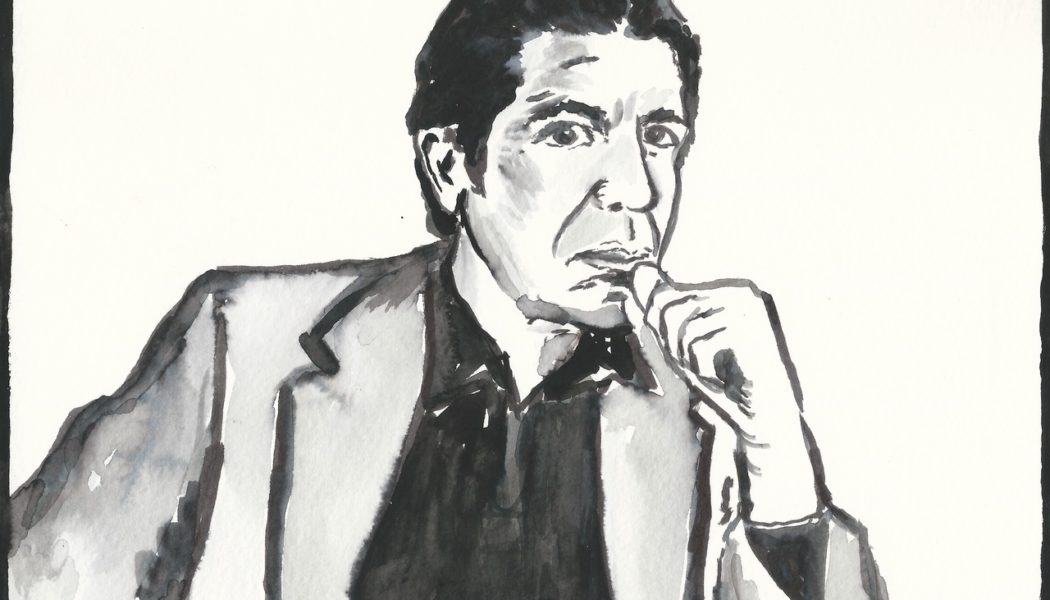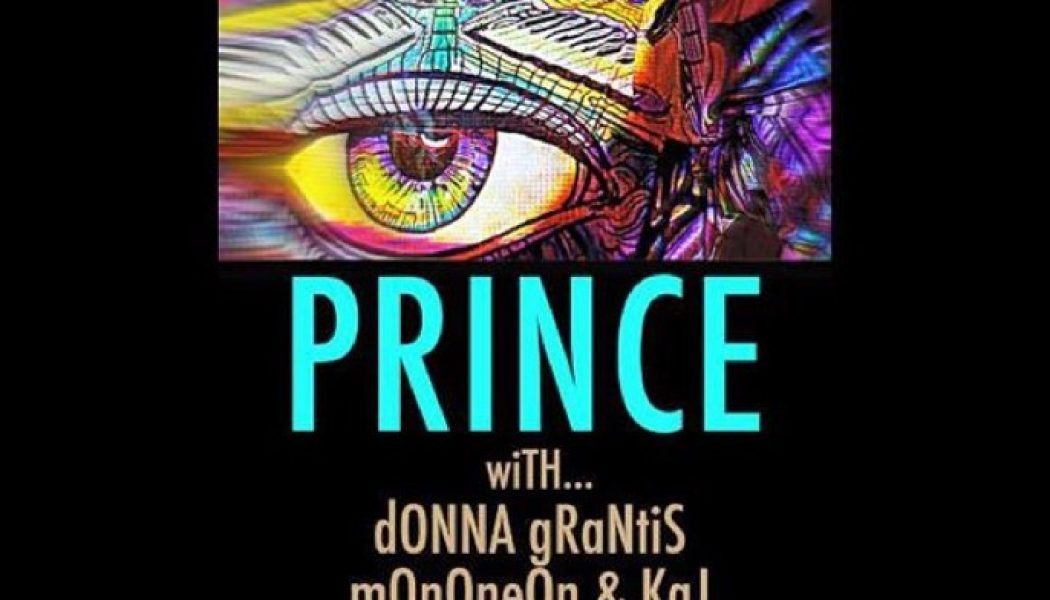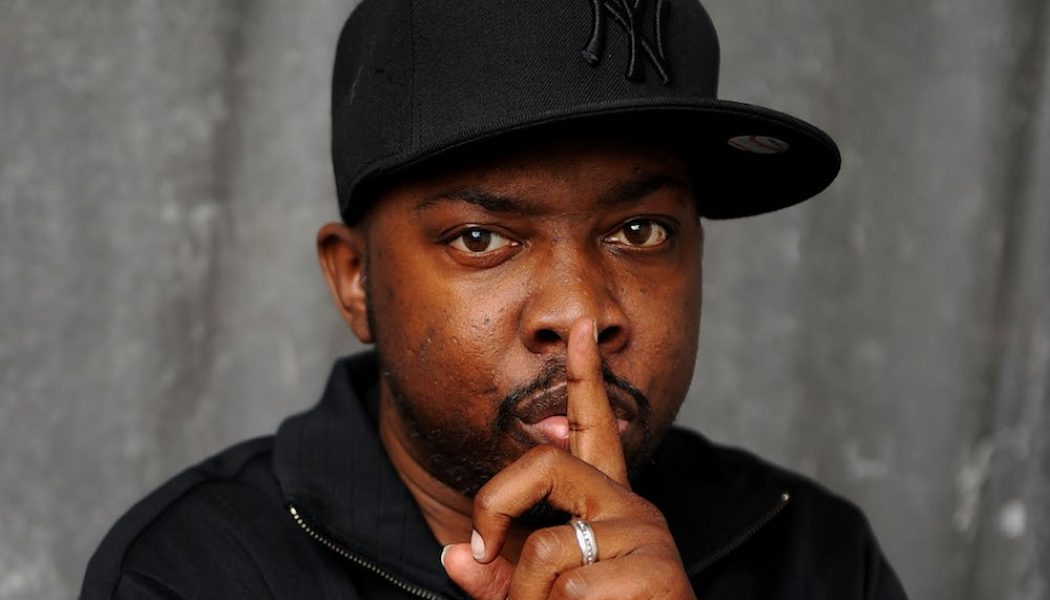5 Years
Remembering Chris Cornell, 5 Years Later
It’s difficult at times to drive around Seattle and not recognize the ultramega imprint that Chris Cornell left behind on his hometown. At least it is for me. Even for a city that’s widely known for ruthlessly tearing away and repurposing its own history in the name of “progress” – think bigger, taller, glassier high-rises as far as the eye can see – Chris’s fingerprints are everywhere. Rolling down Leary Way in his old, childhood stomping grounds around Ballard, you’ll pass triangular-shaped Reciprocal Recordings, where Soundgarden recorded their debut album Screaming Life in 1987. Studio Litho, where they laid down their final, pre-breakup record, 1996’s Down on the Upside, nearly two decades later is only a couple of minutes further up the street, across from the massive statue of Vladi...
Martin Rehof of Communions Pays Tribute to Leonard Cohen
Leonard Cohen has been a huge inspiration for me as a songwriter. But in a different way than most other artists or bands, which one might otherwise regard as obvious direct musical “influences” on my band Communions. Although our music isn’t rooted in folk—post-punk, Britpop and alt-rock are perhaps our biggest genre influences—the influence of Leonard Cohen enters through a different route, which is, first and foremost, lyrical. But it wasn’t until I began writing our upcoming record Pure FabricationthatI really allowed myself to embrace Cohen as an influence; that is, I allowed his influence to directly seep into my own writing. Cohen’s poetic approach to music has always cast its shadow over my musical consciousness, but had previously been latent in my expression. I think that’s becau...
Tamala Poljak of Infinite X’s and Longstocking Remembers Leonard Cohen
The first time I heard a Leonard Cohen song was through the surrogate voice of a dear friend, Jason P. Grisell, in Venice, CA circa 1991. Sitting on the sidewalk hunched over his beat-up acoustic guitar wearing an army green parka in the middle of a hot summer day, Jason sang an unforgettable version of Cohen’s song, “Suzanne”. The song was sandwiched between a deafening rendition of “Mercy Seat” by Nick Cave and a 13th Floor Elevators song. “Suzanne” struck me as nothing short of lyrical perfection; the words and melody remained on repeat in my messy head for hours. It haunted me like the first time I heard Gregorian chants and read James Baldwin. Within a week of hearing Jason’s version of Suzanne, I owned four Leonard Cohen albums: Songs of Leonard Cohen (1967), Songs of Love and Hate (...
Remembering Prince 5 Years Later
Editor’s note: Prince died five years ago today, a moment that shook the entire music and cultural world. Dywane Thomas Jr., better known as MonoNeon, worked and performed with Prince in his latter days. Here, he shares some of his memories of what it was like to be with and work with the artist. My time with Prince was a life-changing thang. I started working at Paisley Park in early 2015 as Judith Hill’s bassist, Prince hired me to join her new live band. Prince was super chill. I never felt nervous or under pressure playing with Prince, I just wanted to play some music with him. If Prince wanted me to play a certain thang he would tell me but other than that he just let me play (and of course know the song). I did get some little butterflies in my belly when Prince first walked int...
Remembering Phife Dawg Five Years Later
Born in 1970, Phife Dawg grew up Malik Taylor writing poems and rapping around his native Queens, New York neighborhood before forming A Tribe Called Quest in 1985 with childhood friends Q-Tip and Ali Shaheed Muhammad. Nicknamed “The Five-Foot Assassin,” or just “The Five-Footer” for his stature, Phife’s persona was both larger than life and beautifully honest. Through the decades, the band’s daring and eclectic style would forever change the landscape of alternative hip-hop. Though Tribe’s first album, People’s Instinctive Travels and the Paths of Rhythm (1990), mostly kept Q-Tip at the forefront, with their sophomore effort The Low End Theory (1991) Phife took on a larger role within the group. On “Check The Rhime,” the call-and-response between Q-Tip and Phife brought his lyrical talent...
The Extraordinary Harper Lee
When I was growing up, interesting young female protagonists were thin on the ground, especially ones who looked and thought and sounded like me. Enter Scout Finch, disheveled, scrappy and precocious, she leapt off the page and into my heart, compliments of Nelle Harper Lee. To Kill a Mockingbird was published in 1960. Instantly successful, it won the Pulitzer Prize for fiction and would go on to become the classic of American Literature, selling thirty million copies. So far. A staple of high school English classes, despite its dark adult themes of domestic violence, racism, and rape, To Kill a Mockingbird continues to sell about a million copies per year. Lee grew up in a small, southern town, the child of an attorney father and a distant mother who struggled with mental illness. Lee’s r...
Remembering Umberto Eco Five Years Later
The celebrated Italian intellectual, Umberto Eco, died five years ago today. During his time, he was the preeminent expert in the field of semiotics, the study and interpretation of signs and symbols, lecturing at numerous universities. He was also a prolific writer, penning seven novels, over 40 nonfiction works, and even three children’s books. He is best known for his extremely erudite and theory-intensive novels The Name of the Rose and Foucault’s Pendulum. Foucault’s Pendulum is his postmodern magnum opus full of esoteric allusions to secret societies, pseudoscientific sects, and other medieval arcana. The encyclopedic novel is a fat pill to swallow and its reward is simply coming out the other side of it. It is a test of one’s will. Anthony Burgess (author of A Clockwork Orange) says...













